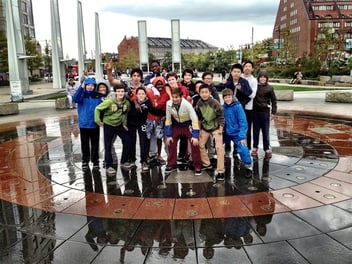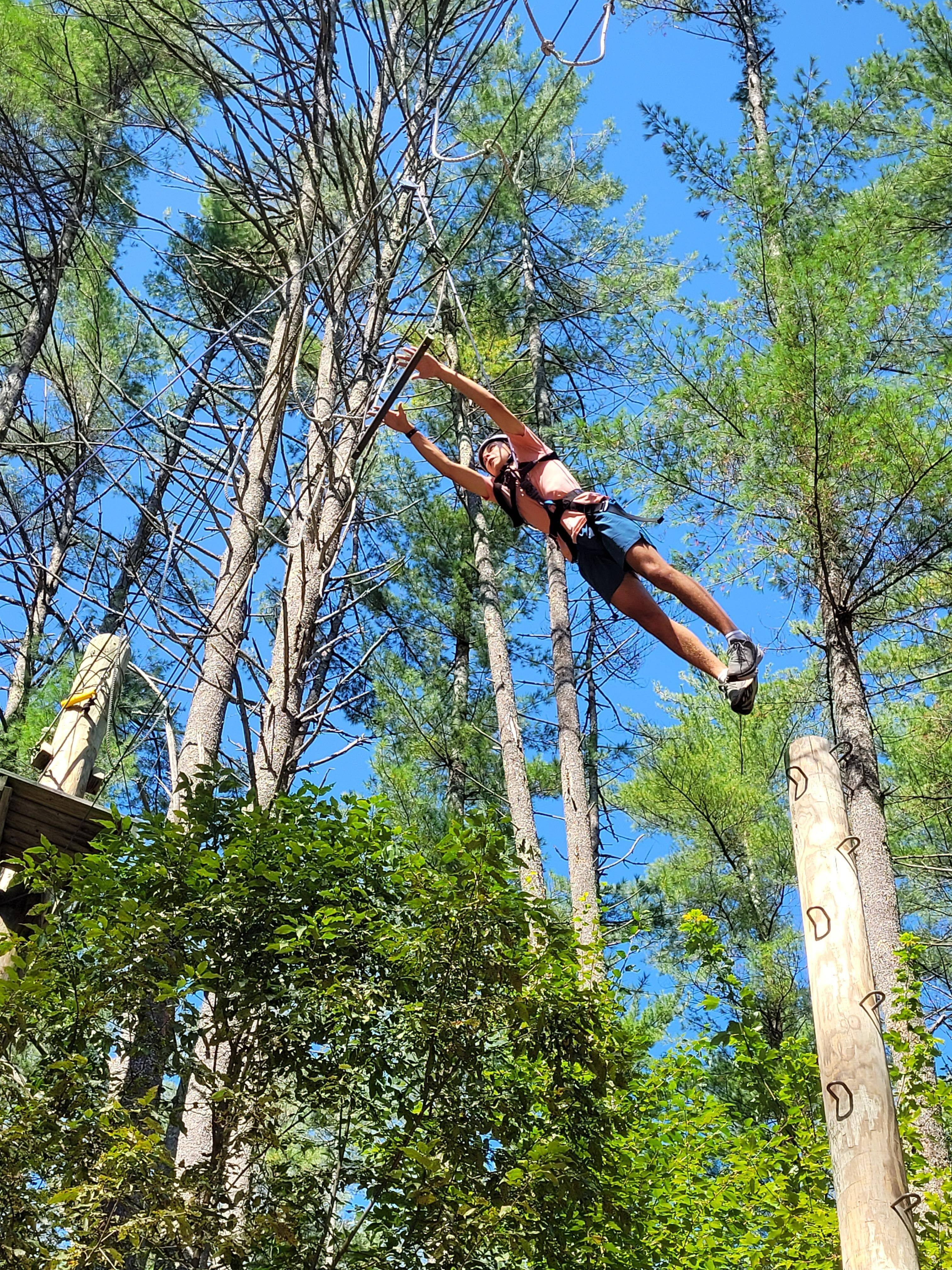When people think about boarding school, they often think of structure. Wake up. Eat breakfast. Attend classes. Play sports. Study. Sleep. Repeat.
While this is true of most schools, and there is great value in providing structure to young learners, there is also great value in adding a little mystery to children’s lives.
According to a 2014 study conducted by The University of Colorado at Boulder, less structure is actually beneficial for children. Professor Yuko Munakata, senior author of the study, wrote about the importance of executive function in children, noting that:
“It helps them in all kinds of ways throughout their daily lives, from flexibly switching between different activities rather than getting stuck on one thing, to stopping themselves from yelling when angry, to delaying gratification. Executive function during childhood also predicts important outcomes, like academic performance, health, wealth, and criminality, years and even decades later.”
This research highlights the value of offering children opportunities for unstructured decision-making and unexpected experiences. It’s backed up by the American Psychology Association that states that unstructured activities actually build resilience.
Fostering Flexibility at a Junior Boarding School
This notion is why Kelsey Conroy, Fessenden’s director of residential life, created something called “mystery trips” for boarding students. As part of the school’s robust weekend program, students have the ability to select weekend trips and activities. In a “choose your own adventure” sort of setup, boarders are able to partake in things like glow bowling, mountain biking, board games, and basketball. But, once in a while, Kelsey also requires students to choose one of five offered mystery trips.

The goal? To nudge students out of their comfort zones and into personal growth.
The point, Kelsey explains, is to carefully encourage boys to take part in something that they might not have selected on their own terms. Whether it’s a trip to a museum or a yoga class, the result is always positive, according to Kelsey. She notes, “Boys will often admit that they never would have signed up for that particular trip if they had known what it was going to be, but they come back energized and happy that they tried something new.”
Why Flexibility Matters at a Private Middle School
At a leading private middle school like Fessenden, part of the learning experience is helping students navigate uncertainty and make confident decisions. When students engage with the unknown in low-risk environments, they build adaptability and resilience. These are key life skills that aren’t always developed in highly rigid academic settings.
This philosophy reflects why families turn to junior boarding schools and independent schools in Massachusetts: not just for academics, but for the intentional balance between structure and independence that helps boys thrive.
See the Fessenden Difference
See how Fessenden’s boarding program strikes the right balance between structure and spontaneity, and why we’re a top junior boarding school and private middle school in Massachusetts.
Read On

3 Things to Look for in a Junior Boarding School’s Weekend Program

What Actual Students Are Saying About Junior Boarding School

